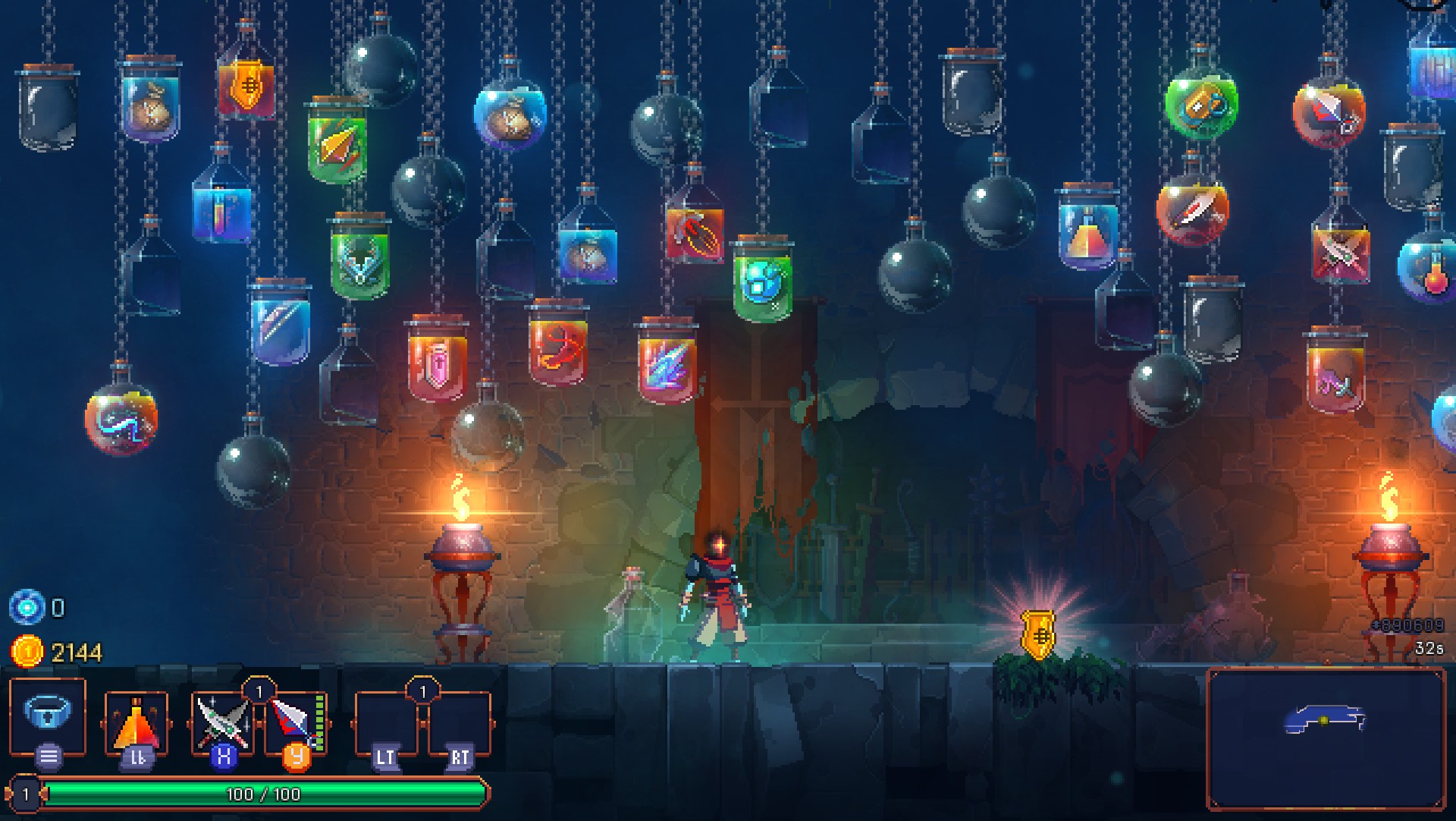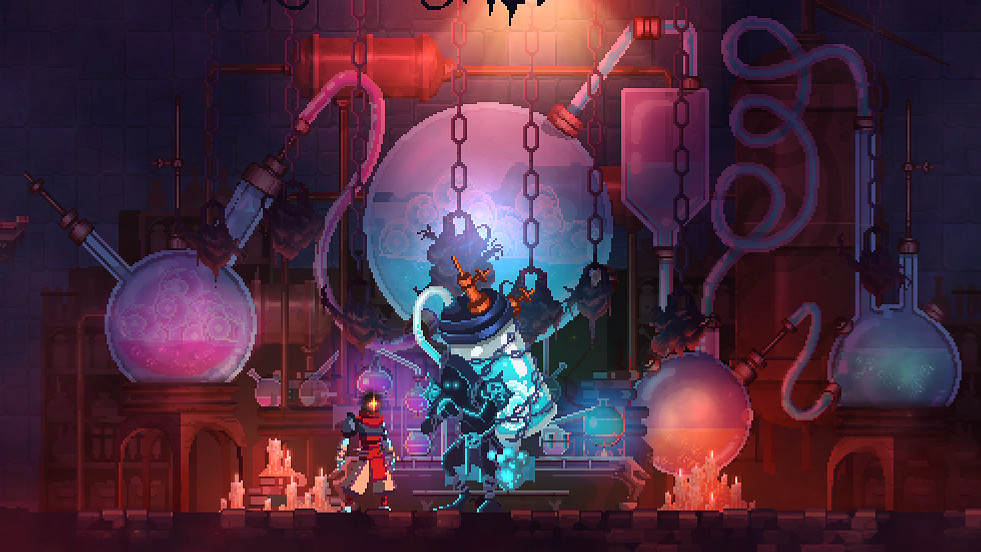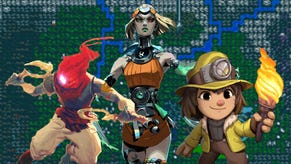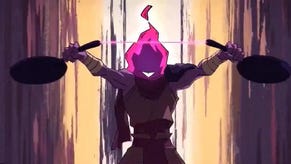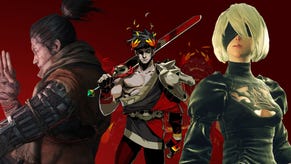The Joy of gaining and losing momentum in Dead Cells
Hack 'n' dash
I start with only a bow and a sword, fighting against entry-level enemies and depending on my dodging roll for survival. During the next five minutes of Dead Cells, I have doubled my HP. I’ve become stronger, and consequently, I begin to see myself as a walking killing spree that will leave no room hidden or treasure chest untouched, no matter how many enemies are guarding them. My damage is so high that I begin to ignore weaker obstacles. I just rush towards the boss, prepared to show them what I’m capable of. And in that moment of confidence, I lose my balance. And fall prey to my own foolishness.
Dead Cells’ fast paced combat reminds me of rhythm games like Guitar Hero. I’ve spent way too many hours playing them, and after all these years I can stand my ground in harder difficulties with ease. Your muscle memory is always there. And after playing tons of metroidvanias, from Axiom Verge to Sundered, I found a close relationship between the two genres around focus. I doubt there’s a name to it, but the rhythm genre gets you into a trance every time you’re playing a song. A momentum that quickly fades away whenever your brain realizes there are dozens of notes coming your way, and you lose your precious combo.
Motion Twin’s roguevania gives me a similar feeling (its higher level of violence notwithstanding). Weapons are designed to guarantee fast, aggressive runs that escalate with every step you make. You find upgraded versions of daggers and hammers, and you boost the decapitated protagonist’s stats with scrolls to endure longer and strike harder. You feel like a badass in no time.
And while your blade is flying swiftly into the hollow body of an undead soldier for the 100th time, and your bow is probably too good to be true, the game snaps. A royal guard crushes you beneath its giant sword, a scorpion sting makes for a lethal wound, or The Concierge punishes you for taking him for granted, even though you’ve already beaten him a dozen times. It slaps you in the face and throws you back to the starting zone. In Dead Cells, the player is the confident Guitar Hero enthusiast. You think you have the required knowledge to get through entire levels without effort, ignoring the difficulty involved. But sometimes, you don't.
Metroidvanias are in constant mutation. During the past few years, we’ve seen different takes on the genre. Dandara and Hollow Knight are great examples of how strong the genre can be when it focuses on platforming and exploration. Death’s Gambit and Salt and Sanctuary are more combat-centered. And some find themselves in a middle ground, like The Messenger, leaning on nostalgia and ninjas. But (and I’m trying to hard not to name it) they all carry a certain, let’s say, Soul(s). This isn’t just about campfires or similar-looking enemies, but how these games expect players to behave, prioritising cautious, timed movements over button-mashing and senseless jumping.
In these Soulslikes, players always start with the lamest weapon possible and the armor of an 8-year-old Leonidas impersonator during a fancy dress party. Learning when to dodge at the right time, progressing through the story (if there is one), and sinking way too many hours into YouTube lessons about character builds, is a slow process. It can take some time before it actually becomes rewarding. I love Hollow Knight, but I’ve seen plenty of people giving up before the game opens up.
Dead Cells goes for a faster start, providing you with all kinds of treacherous weapons and stats boosts, while leaving a sense of progression running in the background thanks to all the cells you’re collecting. It’s easy to feel spoiled when weaponry is so powerful and fun to use (except shields, sorry) but the game is well aware of this. It took me some time to learn its tricks, such as the fact that activating every scroll you come across might give you a disadvantage in the long run due to enemy scaling. Weilding a massive hammer and spamming turrets during boss fights can only save you a couple of times.
This feeling of being a badass is almost illusionary. Dead Cells expects you to play as fast as you can, teasing you with timers and false promises of exclusive loot if you run fast and fight well. It turns you into a machine that kills only when necessary, or even worse, an arrogant killer who laughs in the face of every enemy they come across. And then it takes everything from you.
It’s in this loss of balance where we see the game’s true punishment of our own greed and smugness. Dead Cells offers tight controls to play around with right from the start, but isn’t afraid to stop you. The challenge here, the element which sets it apart, is to hit the right notes at the game’s own pace.

